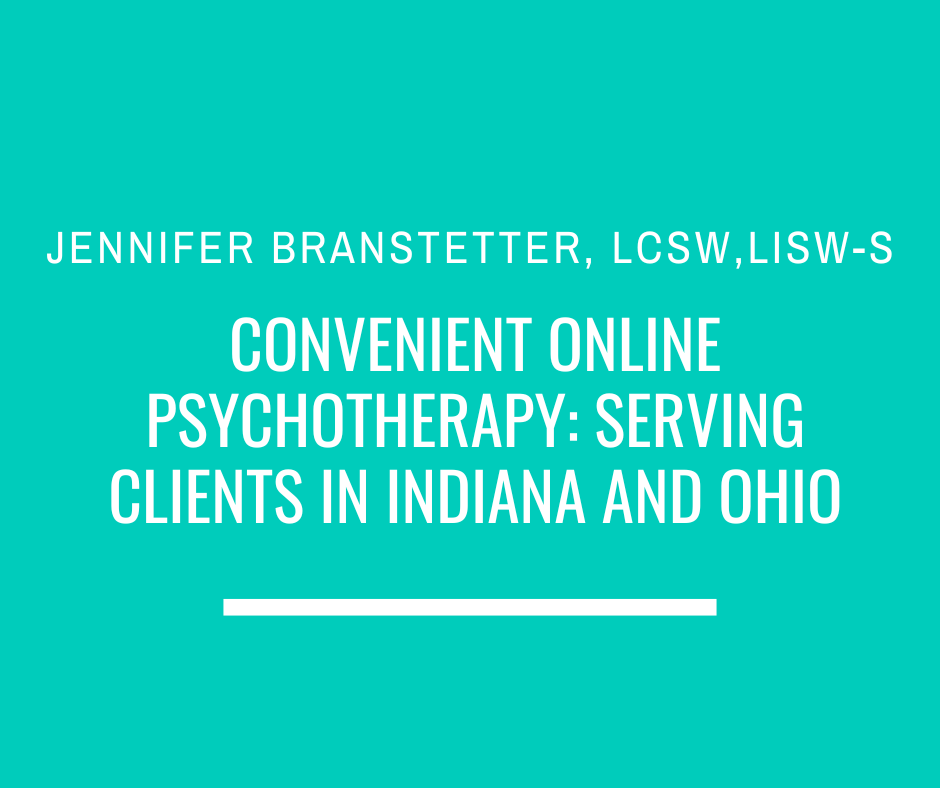What Is Chronic Anxiety?
Chronic anxiety refers to an ongoing experience of anxiety symptoms. This could be a diagnosed Generalized Anxiety Disorder, a Panic Disorder, or a subclinical feeling of anxiety that you may have always dealt with. Anxiety is a feeling of uncontrollable worry, which presents as overthinking and usually has some physical symptoms like tension or a racing heart.
Chronic means it’s not just one episode of anxiety, like feeling anxious about a job interview, but it’s ongoing and related to many topics or triggers. You may always have a steady level of anxiety which spikes at times, or you may have repeated episodes during different points in your life with breaks in between.
Some people identify themselves as an “anxious person” or feel it’s part of their personality. While you may be predisposed to anxiety, you are not destined to have anxiety rule your life. Treatment can help you to reign it in and manage it over the long-term.
Signs You May Need an Anxiety Therapist in Cincinnati
If you have tried coping skills, talking to loved ones, and other self-help strategies but continue to feel bothered by anxiety, it’s probably time to find a therapist. If anxiety is interfering with relationships (“Are you sure you’re not mad at me??”), your ability to function at work (you can’t concentrate because you’re terrified you’re going to get fired), or at home (constant calling and checking on someone who’s driving because anxiety says they’re in a ditch on the side of the road), therapy can help.
How Cognitive Behavioral Therapy in Cincinnati Can Help Manage Chronic Anxiety
Cognitive Behavioral Therapy is one of the most evidence-based treatments for anxiety. I find it so helpful that I continue to use it to start out with most clients even after being trained in several other techniques. Working through CBT can alleviate the intensity of the current symptoms while digging down to find the underlying issues that might be driving the anxiety. We find ways to think differently, but also figure out the things that help to cope in the long-term. Once you’re feeling better, it’s important to make a plan for spotting a relapse in symptoms early and addressing it so it doesn’t spiral.
Practical Tips for Managing Anxiety Between Therapy Sessions
Therapy is really most effective when you’re actively working on things in between sessions. Your therapist should give you homework assignments or coping strategies to practice to build your skills. If you’ve started CBT, I find it helpful to keep an Automatic Thought Record on hand and pull it out when anxiety spikes, and try to identify and rationalize the thoughts. If the train has left the station and you’re physically anxious, physical strategies like exercise can be more effective. Ask your therapist to help you figure out what will work for you.
Finding the Right Anxiety Therapist for Virtual Care in Cincinnati
Finding the right therapist for you might require a little perseverance. You might get a referral from a friend or doctor, or you might be searching online. It’s important to set up a phone call first to see if you click with the person. Calling a few different therapists will help you get a feel for who might be the best fit.
Ready to get help with chronic anxiety? Click here to schedule a free 15-minute consultation with an experienced online anxiety therapist in Cincinnati today for online counseling in Indiana and Ohio. Or call/text 513-461-2045.




